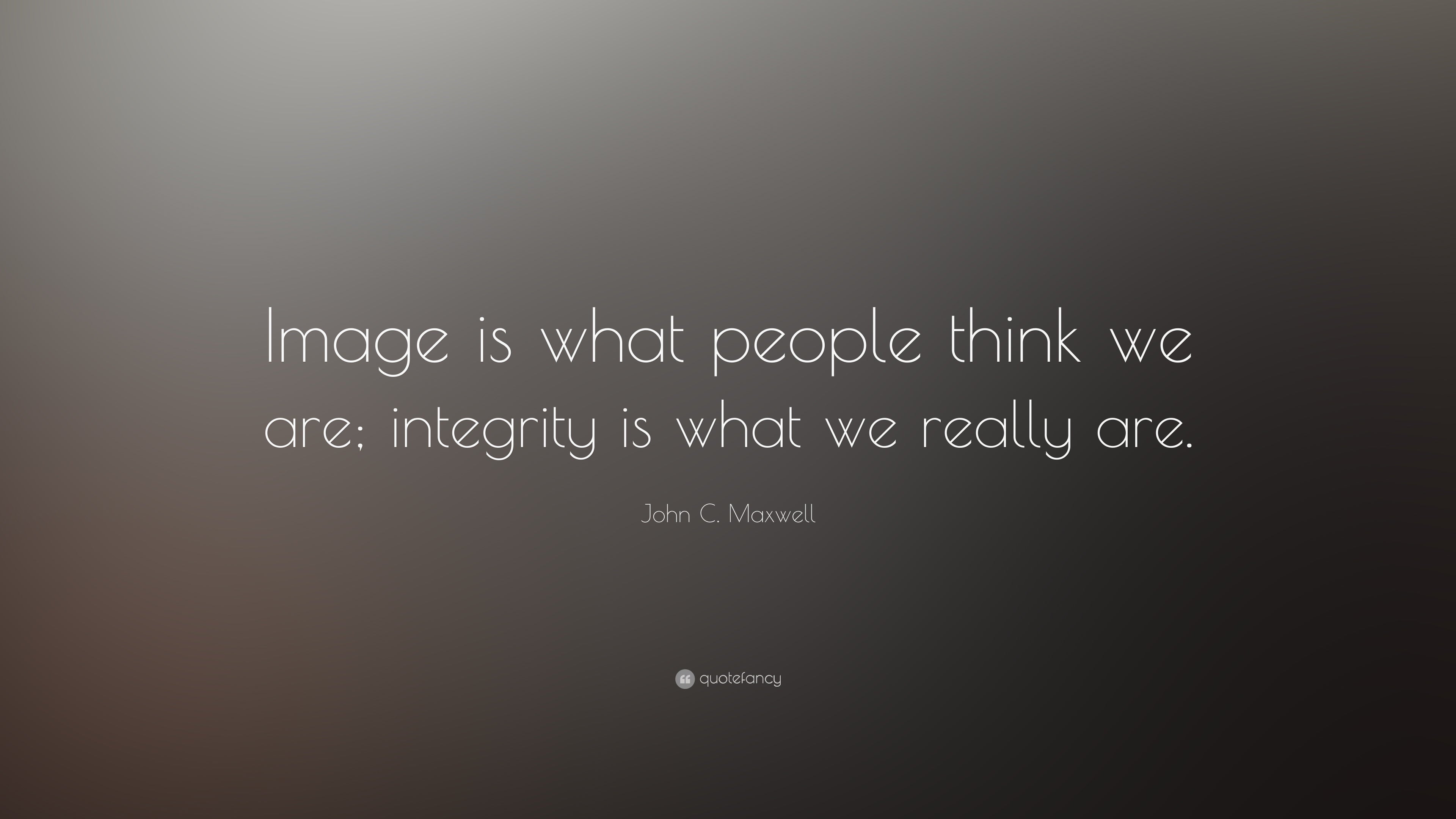
Integrity.
We know integrity when we see it. Strong moral principles demonstrated through consistent actions speak volumes. Someone trustworthy, hardworking, honest, responsible, authentic, honorable and humble is the epitome a solid value system, all of which point to what it means to have integrity.
In other words, integrity is the underlying quality of people who simply seek to do the right thing, consistently, even when no one is looking, and especially when it is difficult.

We learned very early in our lives as players of the beautiful game that accountability starts with the notion that we are part of something bigger than ourselves. As players we make a promise and deliver on that promise through action. As part of a bigger picture, we hold ourselves and each other accountable.
Each player's dedication is a gift to the rest of the team - from helping clean up the field after practice to practicing kicks against a wall at home to improve ball handling skills. The quality of a person is measured by how well we live up to the commitments we make and how we demonstrate our values. Integrity is the quality that locks in those values and is represented by living them out consistently.

Warren Buffet famously said: "We look for three things when we hire people. We look for intelligence, we look for initiative or energy, and we look for integrity. And if they don’t have the latter, the first two will kill you, because if you’re going to get someone without integrity, you want them lazy and dumb. I mean, you don’t want a spark of energy out of them."

Part of practicing integrity is being unafraid of inconvenient or uncomfortable truths. It allows us to see the world as it really is, not how we wish it could be, and is a characteristic of strong leaders. This refusal to compromise or to cheat ourselves and others gives us the courage to do what is right and helps avoid deluding not just our stakeholders, but ourselves as well.
The ability to cut through the noise, to rebuke status quo and look at things objectively allows us to make decisions based in reality, not simply our ideals. In doing so, we set realistic and attainable goals we and our teams are capable of achieving, fortifying respect and credibility. So many organizations fail because they don't follow the reality principle as part of their core values. This is the difference between acting on what needs to be done versus what feels good at the moment or is convenient.
Doing what needs to be done builds trust, which is crucial to building strong relationships. The most substantial benefit of practicing integrity in leadership is that it builds credibility with clients, investors, customers, and colleagues.
Practicing integrity as a leader brings us closer to success in the broadest sense possible. It lets us hold ourselves accountable not just to customers, but also to our colleagues and staff. By being honest and open, we learn what we can do better, allowing us to fix the mistakes we are bound to make, and to see them objectively without defensiveness.

Honesty is at the core of integrity. As much as we sometimes don't like to admit it, human beings aren't the best at being honest or delivering on commitments. Take a look at gym membership numbers between the months of January and June for evidence of this. Millions of people make and then subsequently break New Year's resolutions every year. Keeping commitments builds trust and also demonstrates integrity.
On the organizational level, we lead our team towards the company’s vision and goals using principles built on integrity. No red tape. No corporate lingo or need to play the political game. We exist for the sole purpose of building a community based on the foundation of the love of the game, a desire to be stylish, and the drive to be gentlemen. It would be our privilege for you to join us.
Be a TENLEGEND.
